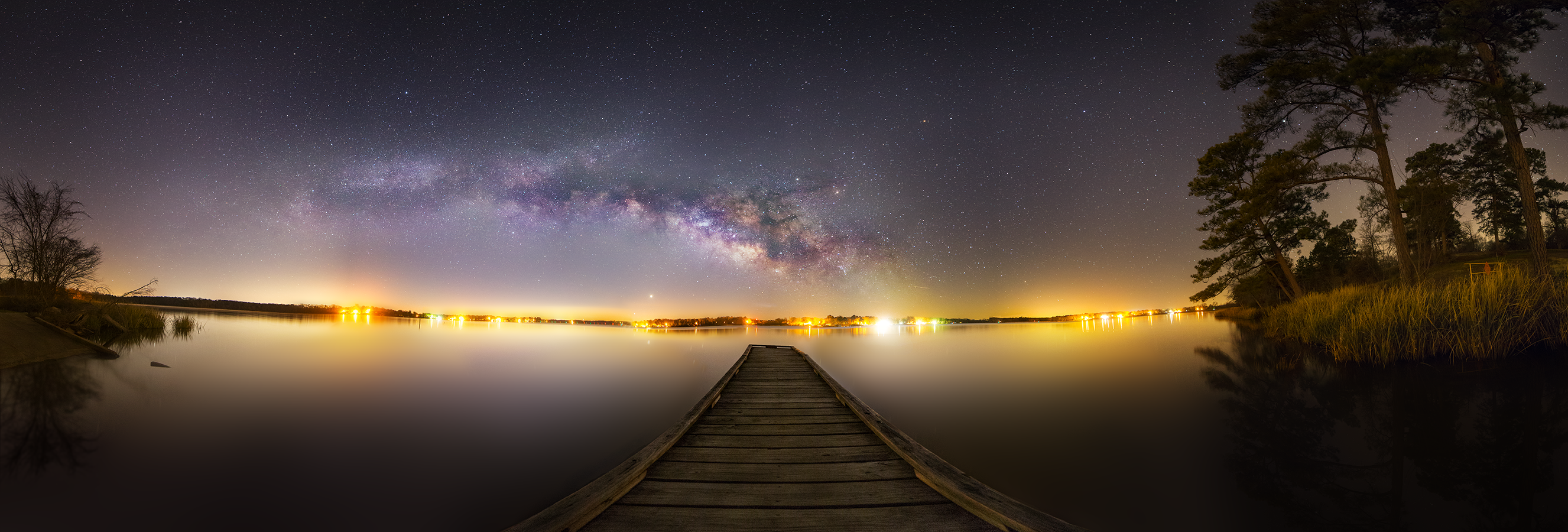http://blogs.howstuffworks.com/2009/07/29/welcome-to-the-semantic-apocalypse/
Love and Light.
David
Welcome to the Semantic Apocalypse
by Robert Lamb
July 29, 2009
13 Comments | Add Comment

Look into the mirror. (D-BASE/Digital Vision/Getty Images)
We all live in bubbles of experience and knowledge. We craft a worldview out of our beliefs and values, and this becomes our own individual perceivable universe. Of course, it takes a great deal of stubbornness not to have that worldview changed by new experiences and new tidbits of knowledge.
With science, that’s generally a good thing. Carl Sagan referred to science as a candle shedding light into a demon-haunted world — extinguishing superstition with fact, while also improving our lives. But if you’re going to roll with that analogy, science can also illuminate troubling realities — kind of like when you check out your favorite nighttime hangout with all the lights on. You begin to see cracks in that carefully maintained worldview.
I find that much of what I read regarding neuroscience further stirs the unsettling notion that the human experience itself is little more than an absurd dream, a strange byproduct of evolution. Canadian author R. Scott Bakker ruminates on these topics in his science fiction and fantasy works, weaving imagined worlds with philosophic discourse and neurological research.
In his book “Neuropath,” he refers to something he calls “the semantic apocalypse.” This catastrophe occurs when science shines enough light on the human condition for reason to fail. Absurdism wins.
In a lecture at the University of Western Ontario’s Centre for the Study of Theory and Criticism (transcribed here), Bakker presented the notion in depth . He attributes the semantic apocalypse to four key paths of reasoning:
- Humans are fundamentally bio-mechanical: You’re programmed at a genetic level to carry out certain functions, and everything you are furthers those ends.
- Science vs. phenomena: Science continues to provide functional explanations of phenomena, including human consciousness. What happens when human consciousness is effectively debunked on a large scale?
- Cognitive Closure: This is the philosophic idea that humans can only hope to understand certain things about the universe and simply lack the intelligence to strive beyond them. The exception to this, of course, is the steady accumulation and preservation of scientific data over the course of human history. In Bakker’s words, “We are theoretical half-wits outside of science.”
- Blind Brain Hypothesis: This resolves around the idea that, the more we learn about human consciousness, the closer we conceivably come to glimpsing the neurological equivalence of the man behind the curtain or dad dressed in a Santa costume. Essentially, consciousness is a coin trick the brain plays on itself. “The magic can only vanish as soon as the coin trick is explained,” Bakker says. “In this case, we are the magic.”
What if our memories, experience, thoughts and worldview are all just a side effect of our brain’s evolution? What if human consciousness as we know it is something we’ll eventually evolve out of? What if we are essentially just a strange dream cooked up by a piece of meat that drives our bodies on a genetic mission to reproduce?
The day that scientific knowledge blots out human meaning — that’s the semantic apocalypse.
I’ve probably gone on a bit long with this post, but suffice to say that while the illumination of science is greatly beneficial and should certainly continue, it casts an ever-brightening and ever-expanding circle on everything that we are. There’s much about ourselves we’re not going to like.
Get to know your brain at HowStuffWorks.com:
How Brain Death Works
How Brain Mapping Works
How Your Brain Works
Top 5 Unsolved Brain Mysteries
Top 10 Myths About the Brain
Is the human brain still evolving?
Why are people’s brains different sizes





No comments:
Post a Comment